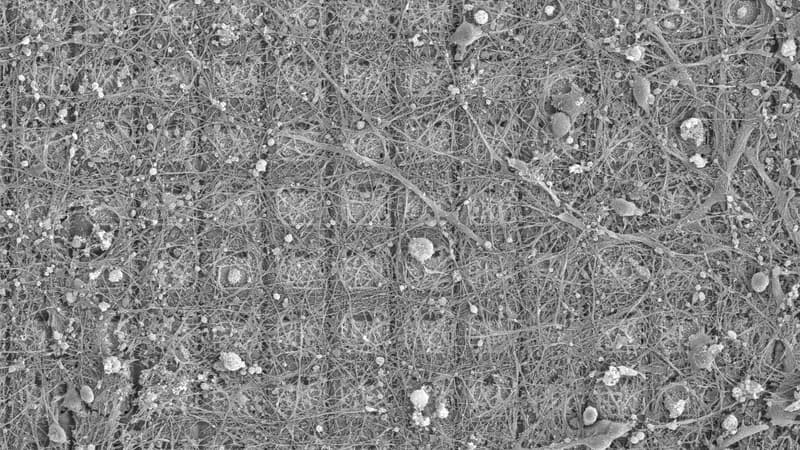He is not the best of players, but for a reconstituted brain he is the first. Australian researchers have succeeded in creating a mini-brain from mouse embryonic cells. If the exercise has been known since 2013, the feat consisted of making him play one of the first video games, Pong.
Returning to the principle of tennis, the game consists of returning a ball with bars placed on each side of the screen as rackets. The experiment showed that the group of 800,000 cells grown by the scientists was “endowed with sensations”, the BBC reports. Unless he has a variable degree of consciousness, enough to perceive his surroundings.
Receive, process and respond to information.
Following the publication of Dr. Brett Kagan’s work in the scientific journal Neuron, some experts felt that this notion of “sensation” was too strong to qualify the cultured mini-brain. However, the scientist denies it.
The mini-brain was connected to the video game via electrodes. This equipment allows you to indicate on which side and at what distance from the “paddle” the ball is located. Upon receiving this information, the cells produced their own electrical activity. As the game progressed, the power generated became less and less important. But during a new game, and thus a new random position of the ball, the cells’ electrical activity increased.
Drunk Pong games coming soon
The mini-brain learned to play in five minutes. Although he often missed the ball, the group of cells showed a higher performance than the hit rate achieved with random moves. However, the researchers clarified that the mini-brain did not know that it was playing Pong.
This experience should be used in tests of treatment against neurodegenerative diseases such as Alzheimer’s. “We should think of this new technology as the nascent computer industry, when the first transistors were unreliable prototypes, but after years of research, they gave rise to immense technological wonders around the world,” says Dr. Kagan.
For his next experiment, he wants to study the impact of alcohol on the mini-brain that grows in a container. If the efficiency of the system decreases during your Pong games, it will confirm a similar reaction to the human brain. The group of cells created in the laboratory can then be considered as an experimental surrogate.
Source: BFM TV


